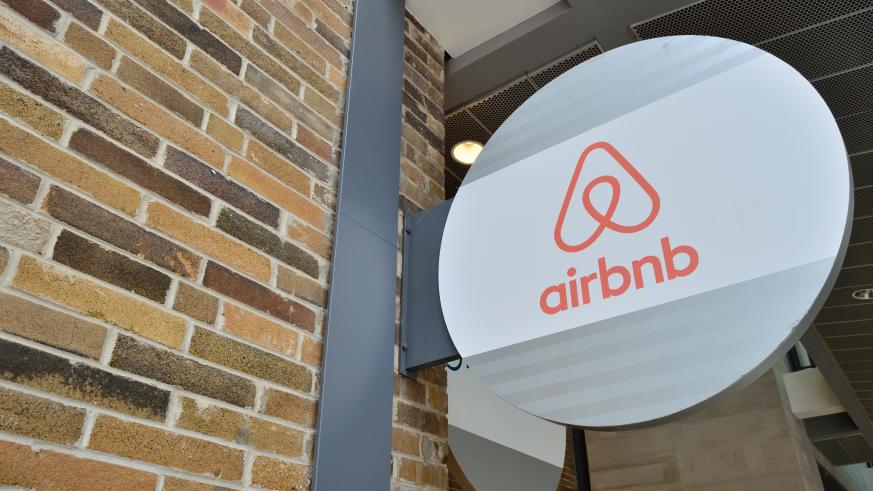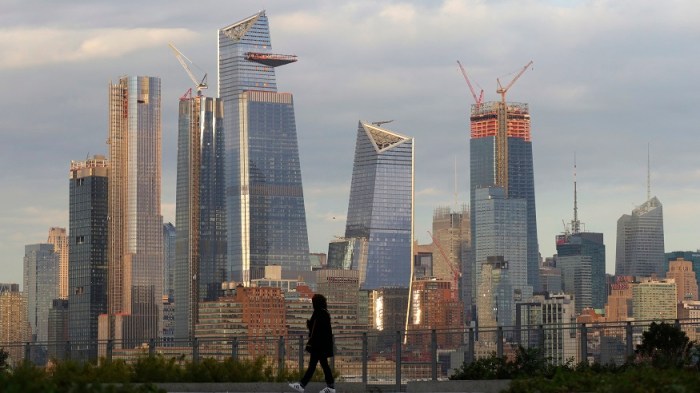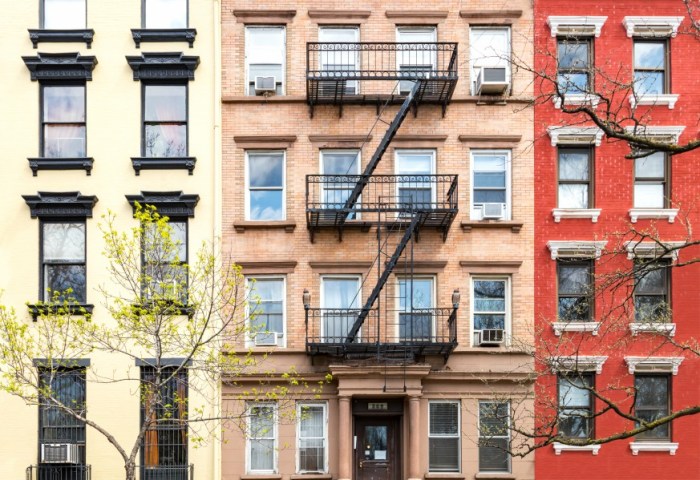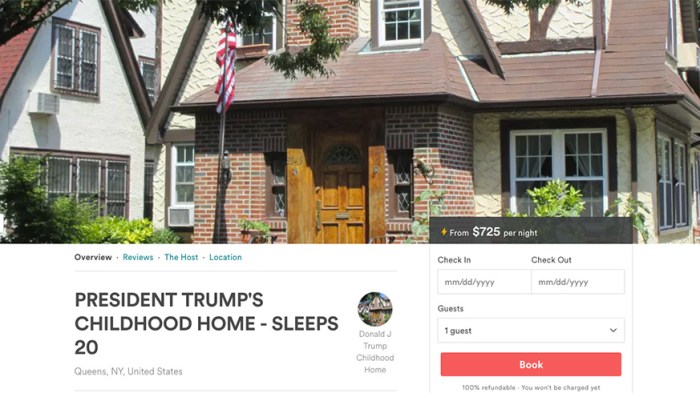New Yorkers who rent had to shell out an extra $616 million in 2016 because of Airbnb, Comptroller Scott M. Stringer said in a new report.
Stringer’s office released a report on Thursday looking at the effect of Airbnb on rising rents in New York City.
This is the first such report, the comptroller’s office said, to “empirically estimate a monetary impact on New Yorkers due to Airbnb’s rapid growth.” In January, a report co-sponsored by New York City housing and tenant advocacy groups claimed that Airbnb took away up to 13,500 units from the city’s housing market.
The use of Airbnb has led to rent increases, the comptroller argues, in neighborhoods with a heavy concentration of Airbnb listings, like Chelsea, Murray Hill, Chinatown, Greenwich Village and more.
For each 1 percent of all residential units in a neighborhood that are listed on Airbnb, rental rates in that neighborhood went up by 1.58 percent, according to the report.
Citywide, rents rose 25 percent on average between 2009 and 2016, or $279 a month. During the same period, according to the report, Airbnb listings have “skyrocketed, from 1,000 in 2010 to over 43,000 in 2015.” Following new city and state laws, those listings have gone down to slightly under 40,000 in 2016, according to AirDNA, which analyzes short-term rental data.
“For years, New Yorkers have felt the burden of rents that go nowhere but up, and Airbnb is one reason why,” Stringer said in a statement. “From Bushwick to Chinatown and in so many neighborhoods in-between, affordable apartments that should be available to rent never hit the market, because they are making a profit for Airbnb.”
The largest absolute effect, according to the report, occurred in Greenpoint and Williamsburg. Average rents there rose by $659 between 2009 and 2016, of which $123, Stringer says, can be attributed to the growth of Airbnb.
Airbnb disputed this report, saying that the majority of the company’s hosts share the home in which they currently live, meaning they are not removing permanent housing from the market. Thus, the methodology of the report is inaccurate, said Andrew Kalloch, a policy manager at Airbnb.
“The report also completely disregards an important fact: Every day, home sharing is helping tens of thousands of New Yorkers confront this city’s affordability crisis,” Kalloch said in a statement. “Thanks to the extra income provided by sharing a room in their home for just a few days every month, black and Hispanic New Yorkers can maintain homes in which their families have lived for generations, millennials can afford to pay their student loans and invest in our communities, and seniors can survive on a fixed income.”
In an online post, Airbnb responded to Stringer’s report further, citing other studies like one out of New York University in which researchers said dedicating an entire unit to Airbnb would not be as profitable to landlords as having a permanent resident, showing that most landlords do not opt for that route.
“Along with proactively removing bad actors from our platform, Airbnb is supporting legislation in Albany that would provide for rigorous enforcement against illegal hotel operators, among other things — including $100 million in annual tax revenue from Airbnb alone,” Kalloch said. “We hope that Comptroller Stringer will work with us to enact these common sense regulations.”























